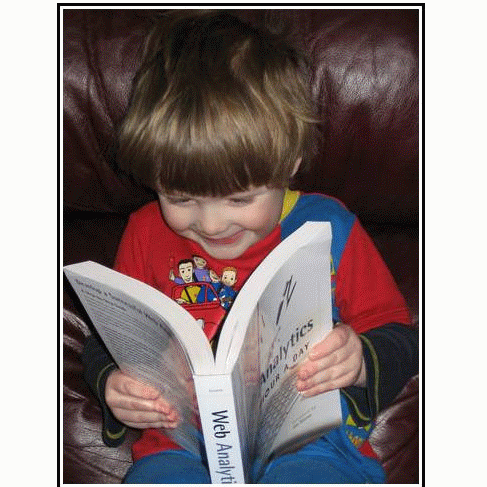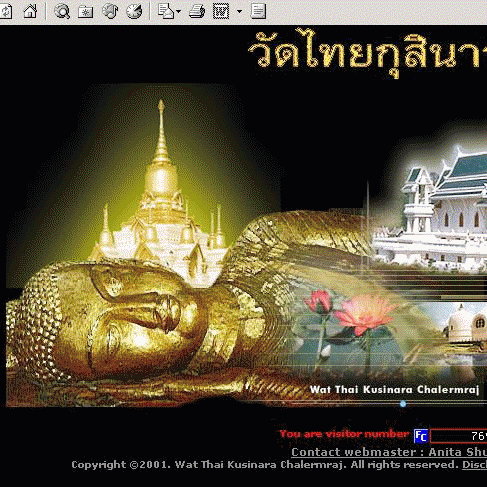Moreover, this book with its templates* to write every little bit, helps ANYONE desirous of doing all-of-the-above. It also helps those who are interested in any of the following areas, such as, developing writing skills, dig the creative insights, externalize the moments to show and tell what you are, in fact. Call it autobiography or showing your true colors, to say: I am real and experienced, as well."
In short, here is an opportunity. Answer what YOU want to answer using this book's templates. There are 140+ questions at your fingertips.
*The book is full of templates or blank pages for you to fill, each page offers a question (aka clue to whatever details you could possibly add), such as:
My name, or names, and how I came to be called that (in the chapter: Childhood and family adventures) The best boss I ever had and the worst one (in the chapter: Life as an adult) The role spirituality has played in my life (in the chapter: Views of the world) The saddest day in my life (in the chapter: The inner self)...
About the author: Victoria Ryce is a caregiver based in Picton, ON. She is also the author of Marketwise
. And the book By me, About me is published by Raincoast Books--Raincoast Books is the Canadian publisher of the Harry Potter series by JK Rowling.
 Available @ Amazon.com
Available @ Amazon.com









 More about (my new home) Google sites and the old home, READ
More about (my new home) Google sites and the old home, READ